Home > Climate News >
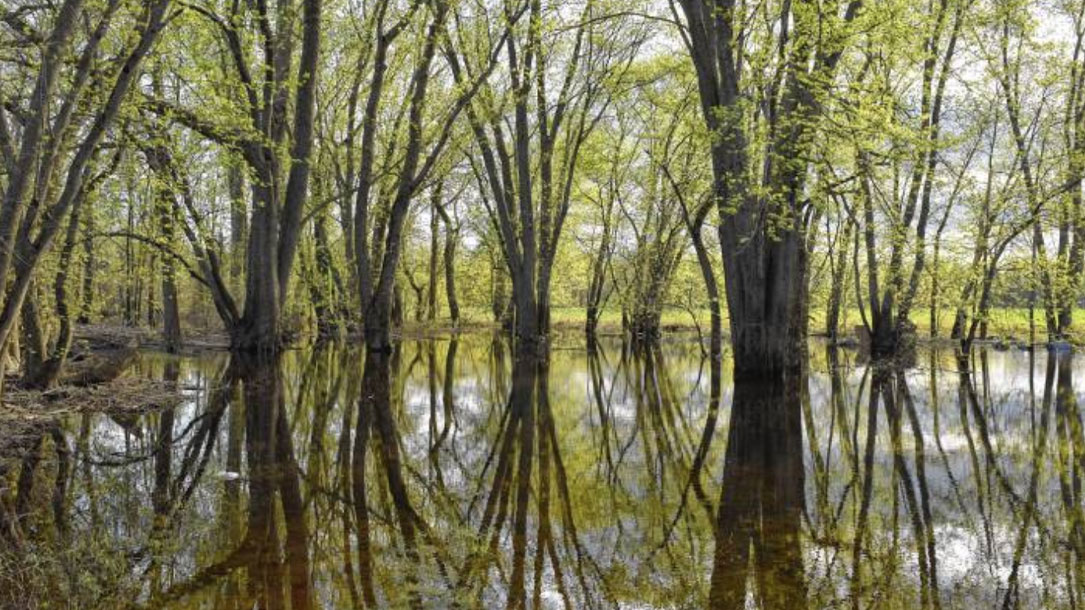
Kestrel Land Trust featured: Land conservation is part of the climate change solution
“When you think about strategies to prevent more severe impacts [of climate change], protecting land from development may not be the first action that comes to mind. The science is clear that we must reduce our fossil fuel use and curtail other sources of greenhouse gas emissions.
Conserving and restoring the world’s forests, grasslands and wetlands, however, is also a critical tool for countering the effects of climate change. Every year, globally millions of acres of forests are cleared for development, grazing or crops. When this happens, most of the organic carbon stored in the original forest is released into the atmosphere…”

King Arthur Flour calls for action
“King Arthur Flour works with mills and farmers across the nation to supply home bakers everywhere with some of the finest flours and baking supplies available. It takes a lot of time and energy to transport our products to stores and kitchens across the country, and we are acutely aware of the impact all that transportation has on the environment.
In 2016, the transportation sector surpassed the electric power sector to become the largest emitter of greenhouse gas emissions in the U.S. In fact, the transportation sector is responsible for nearly a third of all U.S. Greenhouse gas emissions—contributing to climate change and air pollution, and exacerbating public health concerns…
Therefore we were pleased to see Gov. Phil Scott announce that Vermont will join eight other states and the District of Columbia this year to collaborate on developing a regional, market-based policy to reduce greenhouse gas emissions and modernize our transportation system…”
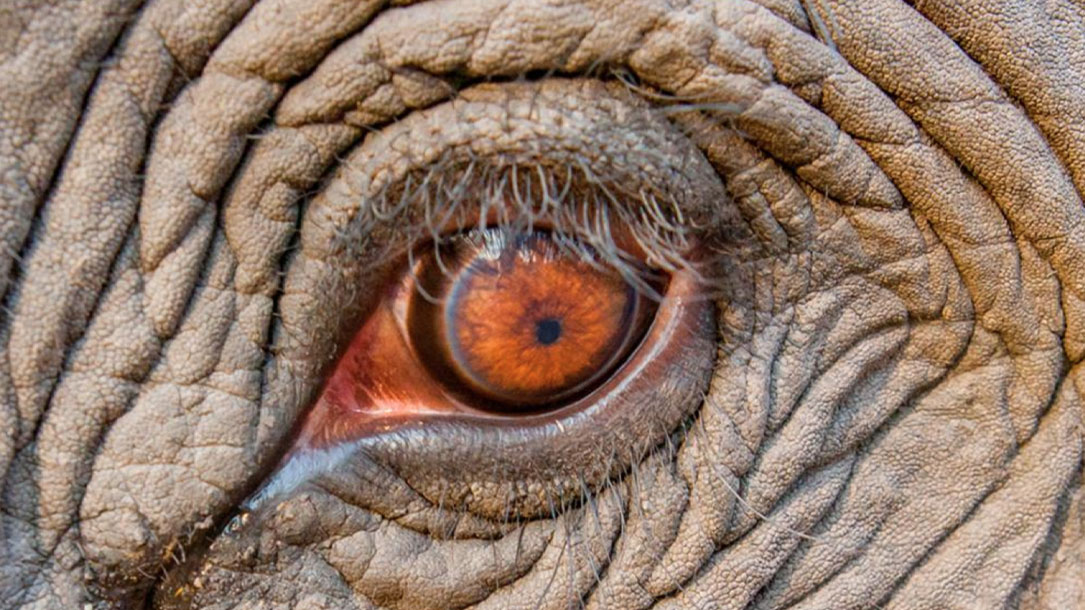
Nature’s dangerous decline ‘unprecedented’; species extinction rates ‘accelerating’
“Nature is declining globally at rates unprecedented in human history — and the rate of species extinctions is accelerating, with grave impacts on people around the world now likely, warns a landmark new report from the Intergovernmental Science-Policy Platform on Biodiversity and Ecosystem Services (IPBES), the summary of which was approved at the 7th session of the IPBES Plenary, meeting last week (29 April – 4 May) in Paris…”

The Nature Conservancy encourages action
“Thank you for the opportunity to testify before you today on this issue. The Nature Conservancy is enthusiastic about climate mitigation legislation passing in New York State during the 2019 Legislative Session. First and foremost, thank you Assemblyman Englebright for championing this issue and continuing to call for strong action from New York in leading the nation…
Earlier this month, the Intergovernmental Panel for Biodiversity and Ecosystem Services (IPBES) released its first report detailing past biodiversity losses and prospects for people and natureii. Governments and scientists agree we are exploiting nature faster than it can renew itself.
The IPBES report is a shocking wake-up call. The report clearly shows how rapid deterioration of nature threatens our food, water and health, and worsens the impacts of climate change. Achieving economic and development goals, as well as climate goals, will require tackling this accelerating loss of biodiversity…”
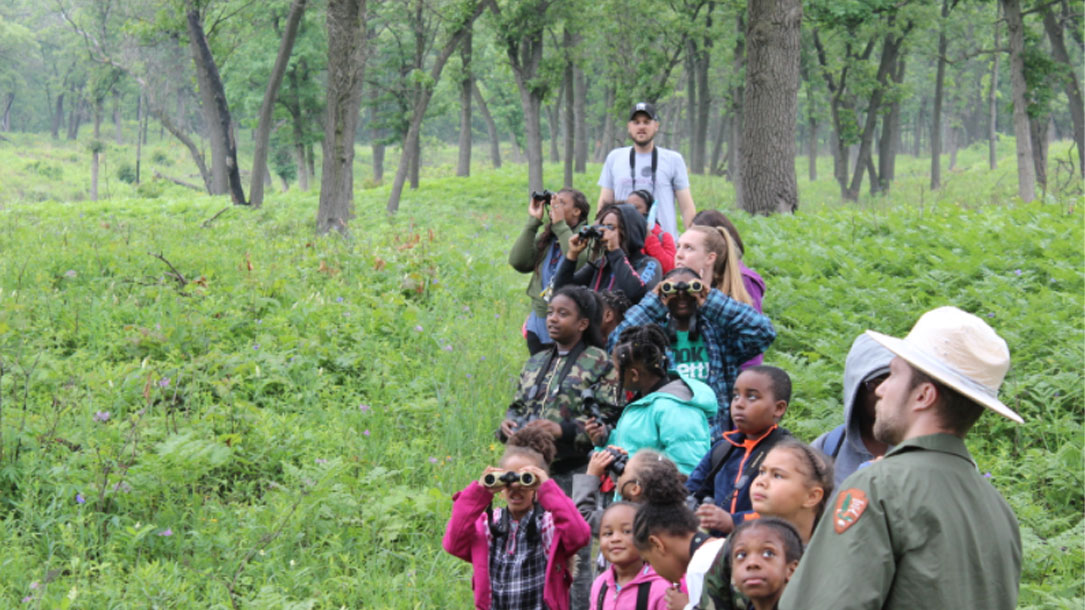
Land trusts engage people in climate change solutions
“Last fall lent credence to the adage that bad news comes in threes. First, the United Nations issued a special report projecting severe climate upheaval if current levels of greenhouse gas emissions continue.
Then, on Black Friday, the federal government released Volume II of the Fourth National Climate Assessment (NCA), which forcefully affirms climate change is here and now and that humans are the primary cause.
Finally, just as word came that 2018 would likely be the fourth warmest year on record, the U.N. released an emissions report confirming that nations are falling far short of goals set in the Paris climate agreement. (Early in 2019, studies confirmed that U.S. carbon emissions, rather than falling in 2018, rose by 3.4%.)”
That’s an excerpt from a new article by the Land Trust Alliance facing the reality of climate change. The good news is that land trusts across the country are finding ways to inspire change.
The article highlights a wide variety of land trusts, both large and small, and identifies leaders like Brandon Hayes, who directs communications for Openlands in the Chicago region, and who saw last fall’s climate reports as “a chance to extend the organization’s commitment to ‘be bold about climate in our messaging.’ The issue’s politicization is awkward for land trusts, he acknowledges, but climate change is a strategic priority for Openlands—and one it covers prominently: ‘What’s the point of being a leading conservation organization if you can’t speak out on an issue this important?'”
Openlands is not alone. Scenic Hudson Land Trust, Tinicum Conservancy, Kestrel Land Trust, Athens Land Trust, and The Nature Conservancy are all featured in this article. It’s worth reading.
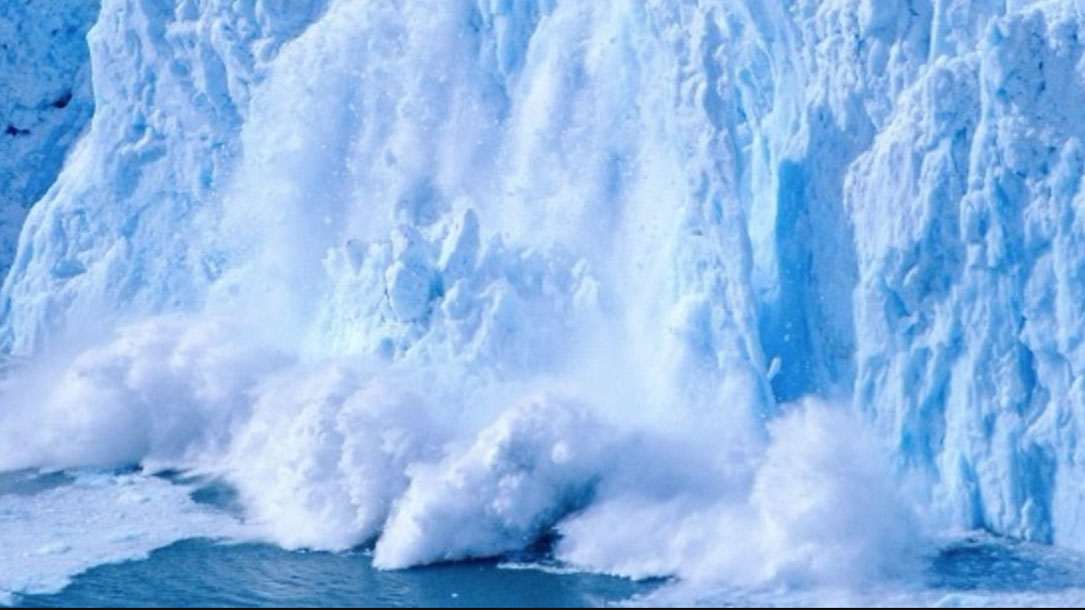
This graphic explains why 2 degrees of global warming will be way worse than 1.5
“Signatories to the Paris climate agreement — every country in the world, unless and until the US drops out in 2020 — agreed to what is by now a familiar goal: “holding the increase in the global average temperature to well below 2°C above pre-industrial levels and pursuing efforts to limit the temperature increase to 1.5°C.”
How important is that difference, though? How much worse would 2 degrees be than 1.5? Is it worth the extra effort — and it would be a truly heroic effort — to limit temperature rise to that lower target?…”
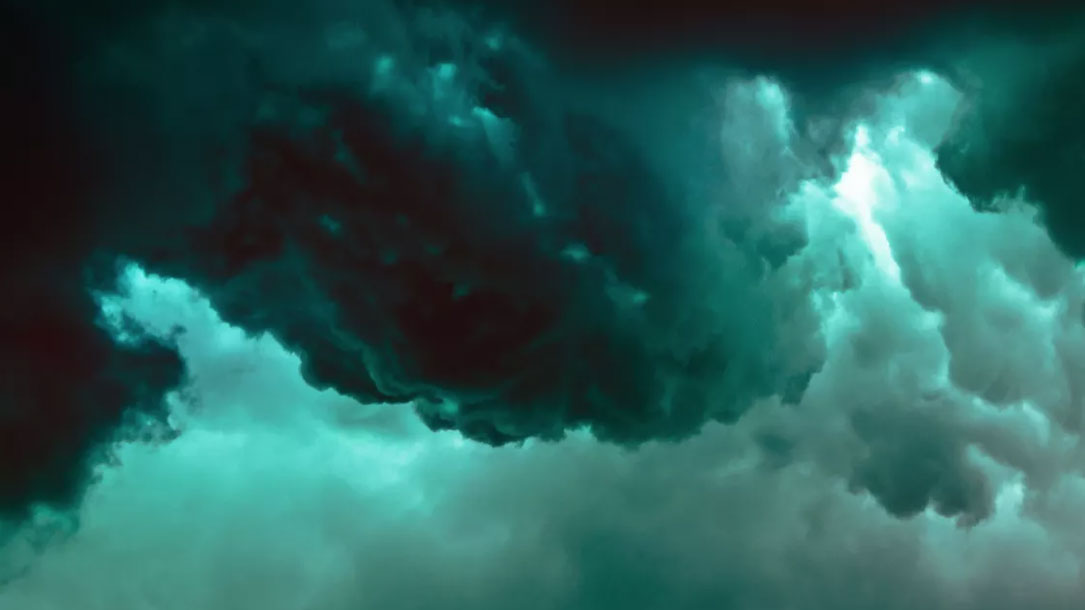
The future of the world is on the line, and our chance to fix it is now
“To have the best chance of avoiding the worst impacts of climate change, the world needs to limit global warming to 1.5 degrees Celsius–and to do that, society needs to completely transform over the next three decades, according to a new report from the UN’s Intergovernmental Panel on Climate Change. Global CO2 emissions may need to peak around 2020. By midcentury, we have to reach net zero emissions.
The report explains why it’s so important that we meet the 1.5 degree target, and how difficult that will be to accomplish. The changes required, from energy to agriculture, are “unprecedented in terms of scale,” the group writes in a summary for policymakers. And right now, we’re not anywhere close to the path to make it happen…”

How to Talk About Climate Change so People Will Listen
If we don’t talk about why it matters, why would we care about the problem itself? And if we don’t talk about what we can do to fix it, why would we take action or expect our community, our province, and our country to do so either?
As challenging, as stressful, and as painful as it might be, fixing climate change begins by actually talking about it. And over the years, Dr. Katharine Hayhoe has found a way to do so that’s actually constructive. It begins with talking about why climate change matters to us…
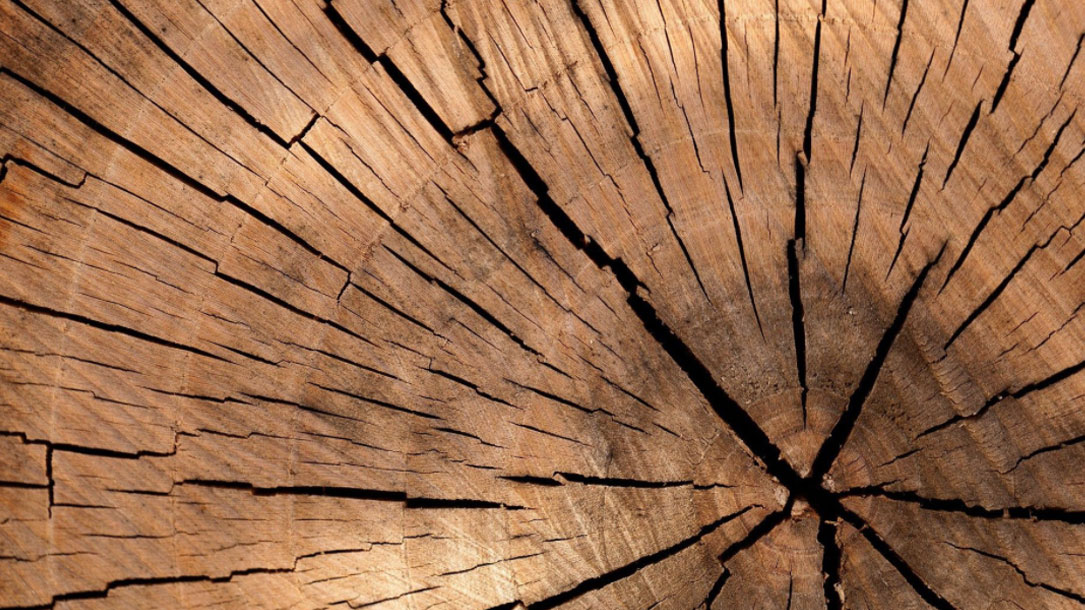
Chronicles of the Rings: What Trees Tell Us
Reading the climate stories trees tell will help with forecasting. “One of the big questions in the field is what’s going to happen to the jet stream,” said Dr. Trouet. “This data helps the modeling of climate change become more reliable.”
Trees, it seems, are giant organic recording devices that contain information about past climate, civilizations, ecosystems, and even galactic events, much of it many thousands of years old…
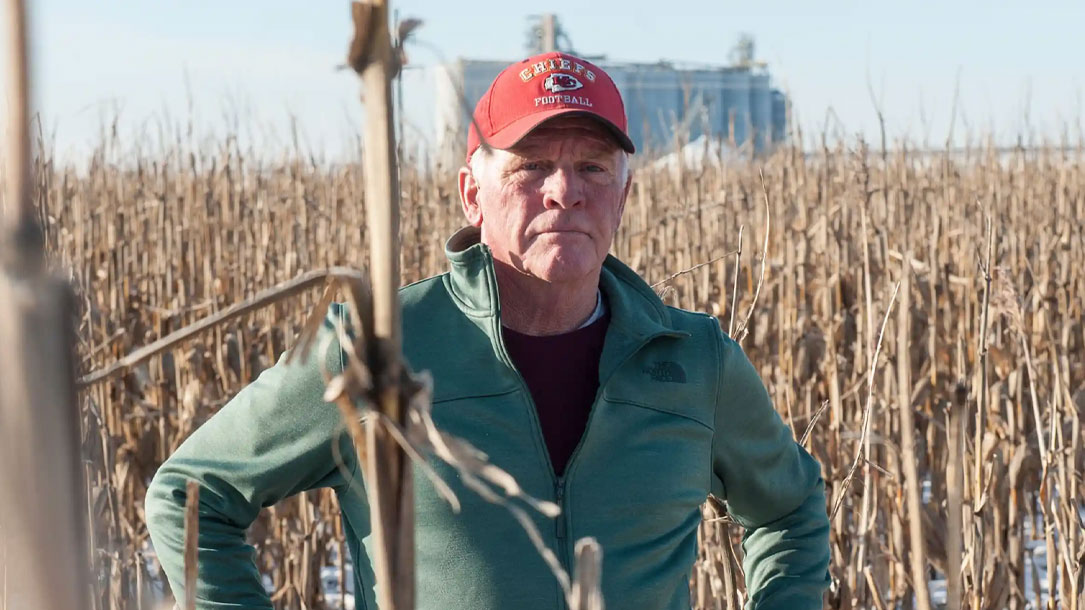
As climate change bites in America’s midwest, farmers are desperate to ring the alarm
“Richard Oswald did not need the latest US government report on the creeping toll of climate change to tell him that farming in the midwest is facing a grim future, and very likely changing forever.
For Oswald, the moment of realisation came in 2011.
The 68-year-old lives in the house he was born in and farms 2,500 acres with his son, some of it settled by his great-great-grandfather. The land sits where the Missouri river valley is about four miles wide.
Growing up, Oswald heard tales of a great flood in 1952 which prompted the army to construct levees…”












